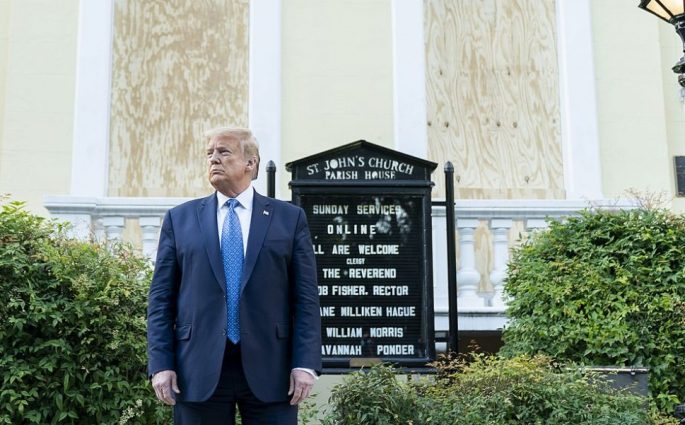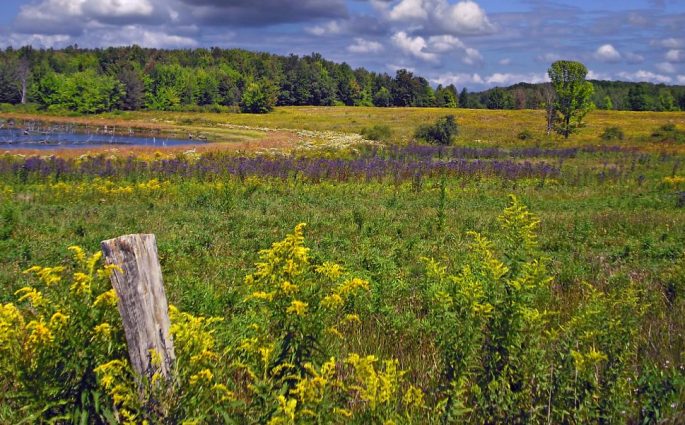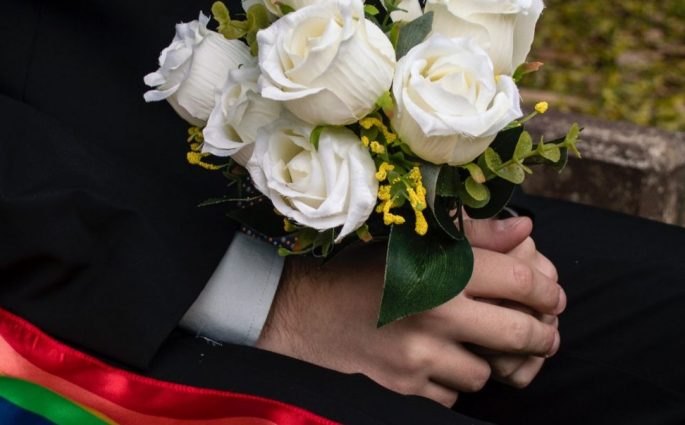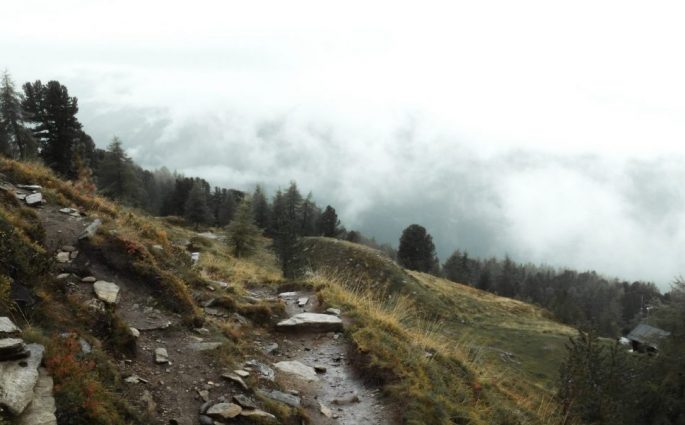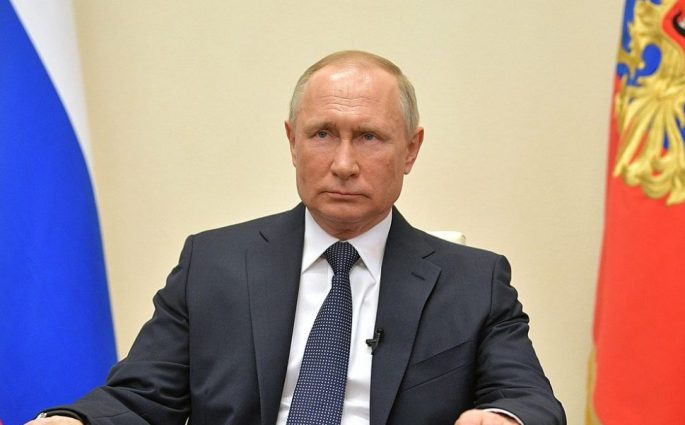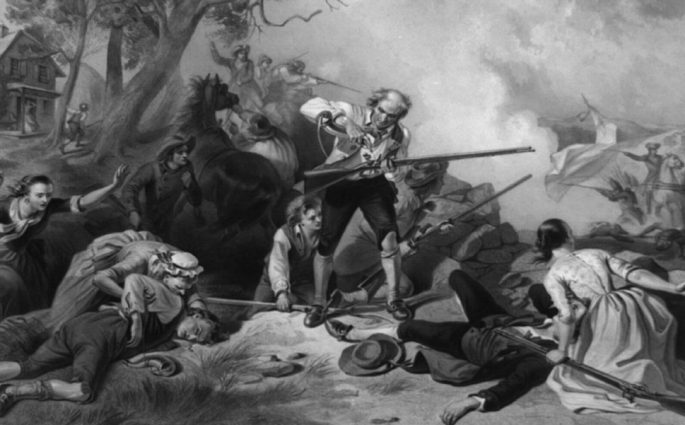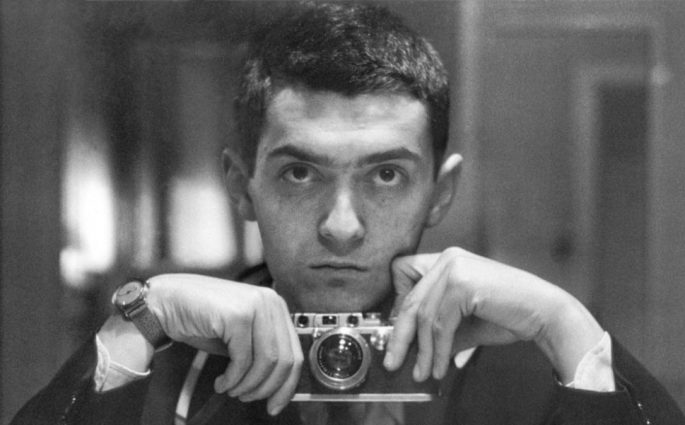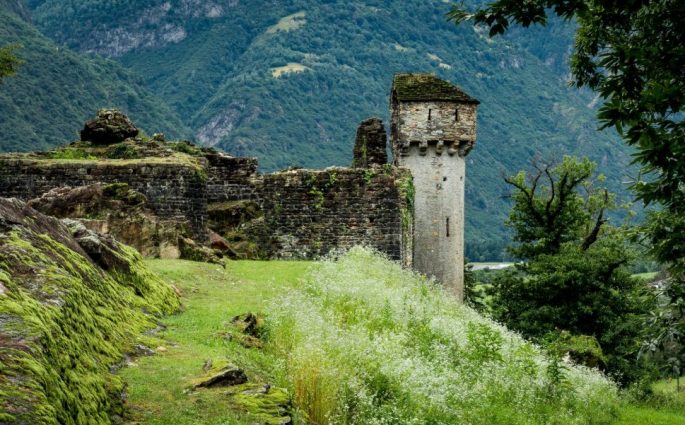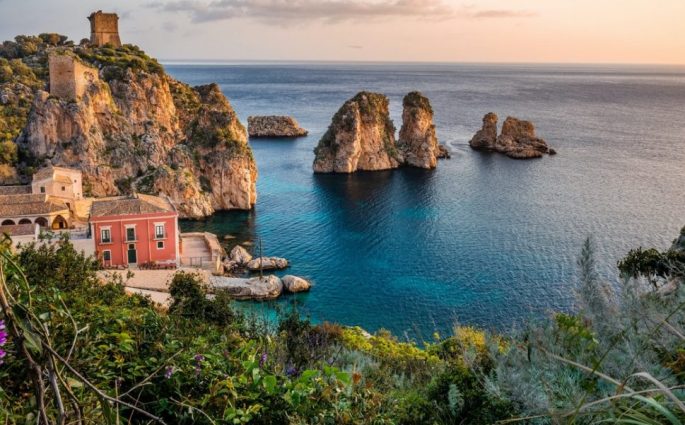The White Evangelical Alliance with Donald Trump
Thomas S. Kidd— From Eisenhower to Romney, white evangelical voters had supported Republican candidates who seemed to model personal dignity and respect for religion, even if they did not have evangelical bona fides. At times Republican evangelicals have been credulous about Republican candidates, especially Richard Nixon. But 2016 found white

